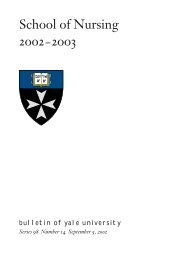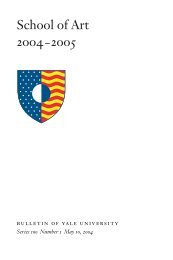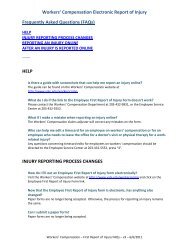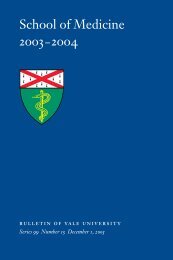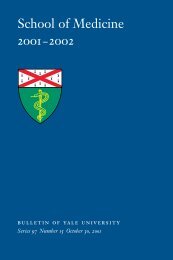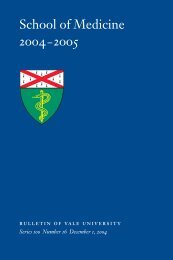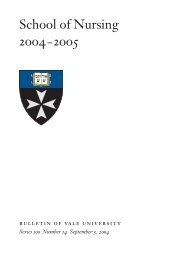You also want an ePaper? Increase the reach of your titles
YUMPU automatically turns print PDFs into web optimized ePapers that Google loves.
xviIn Mwanza the plural form of rafiki was commonly pronounced without the prefix“ma” that distinguished the plural form marafiki (friends, boy/girlfriends) from thesingular form of the word rafiki (friend, boy/girlfriend) among other Swahili speakers inTanzania.xviiThe girls sex-for-food exchanges appeared to be a bitter twist on the exchanges ofmoney or gifts that are integral to many adult marriage and sexual relationships in Africaand elsewhere around the world, except these girls were forced into these exploitativerelationships at a much younger age, and neither gained economic advantage from theseexchanges nor fulfilled their culturally sanctioned roles as provisioners of food.xviiiThe girls’ dependency on sexual exchanges to acquire food also left them vulnerableto the physical and emotional difficulties of unplanned pregnancies, botched or backalleyabortions, miscarriages, premature deliveries and poorly spaced births. They alsosuffered repeatedly from beatings and rape. Not only were the girls’ physically immaturebodies more susceptible to sex-related injuries, but these injuries made them morevulnerable to HIV infection. All unprotected sexual activities made them susceptible tosexually transmitted diseases and as many as 20% of the young people living in Mwanzawere infected with HIV (Rajani and Kudrati 1994). These girls and their partners also hadlittle access to protective condoms, and when they did the girls lacked the negotiatingpower to encourage males to wear them.28




